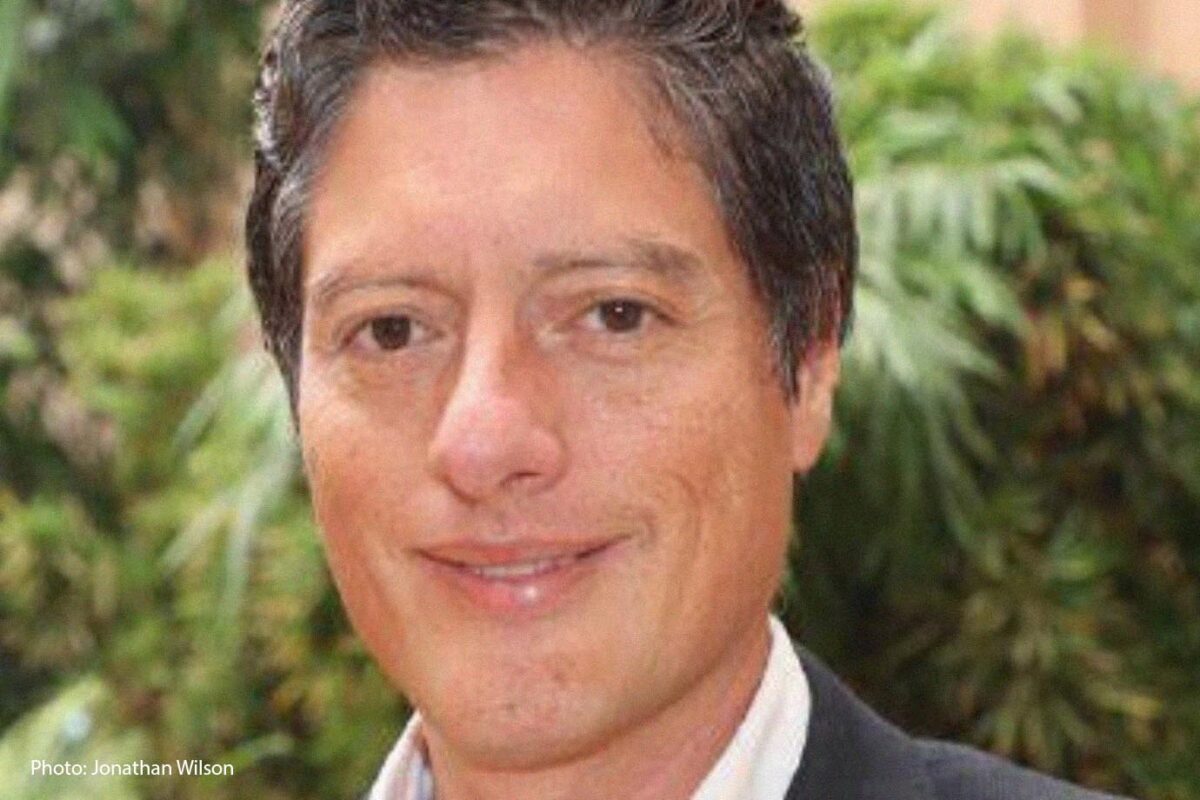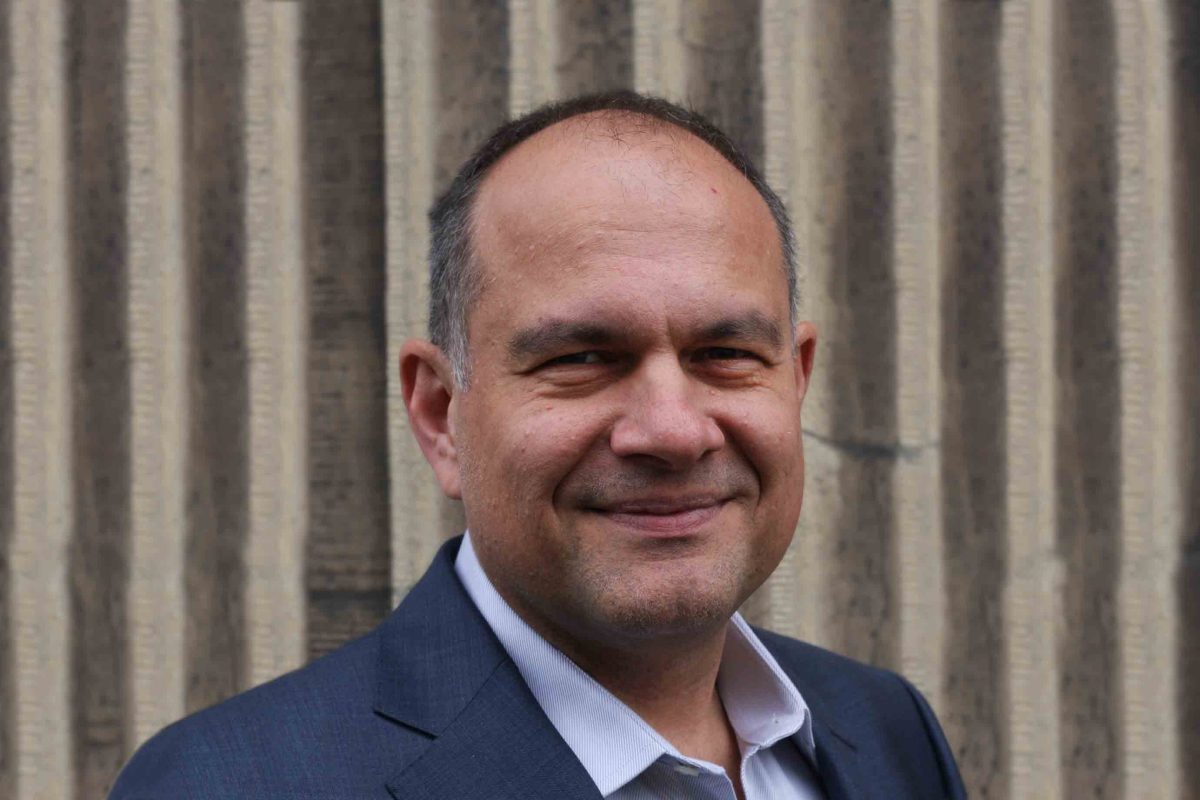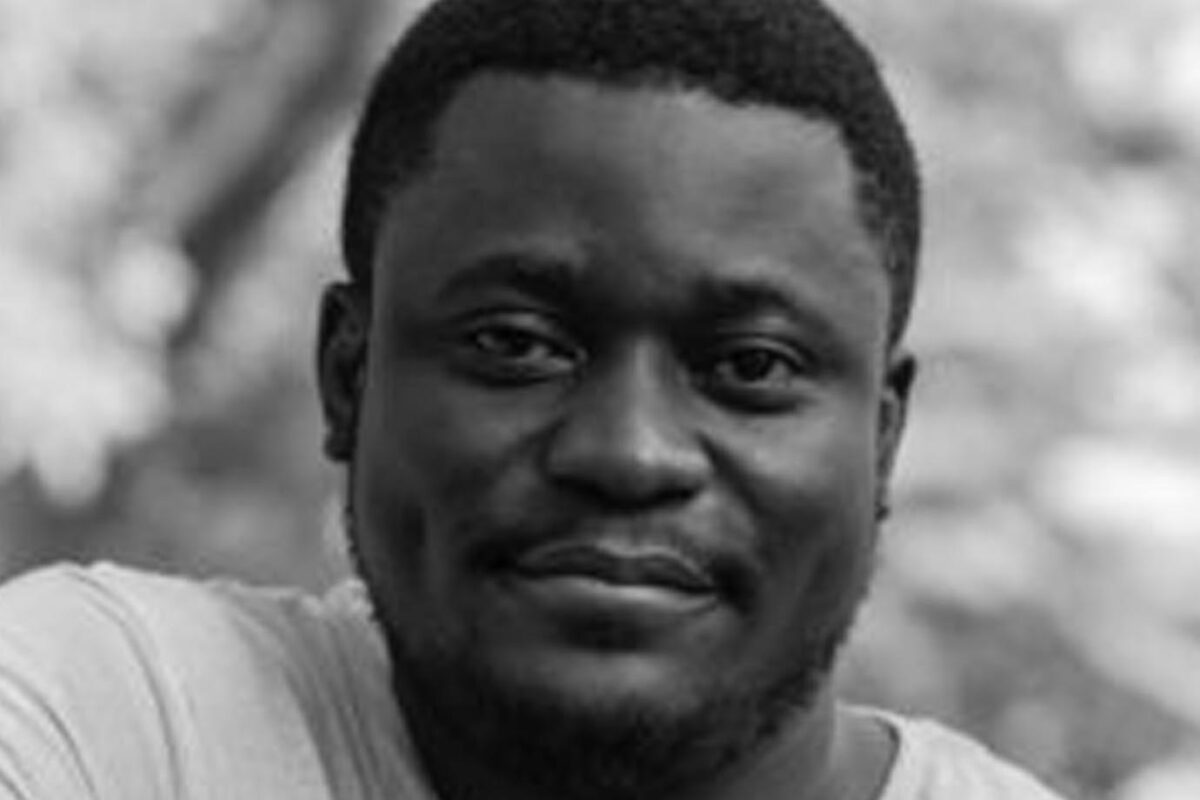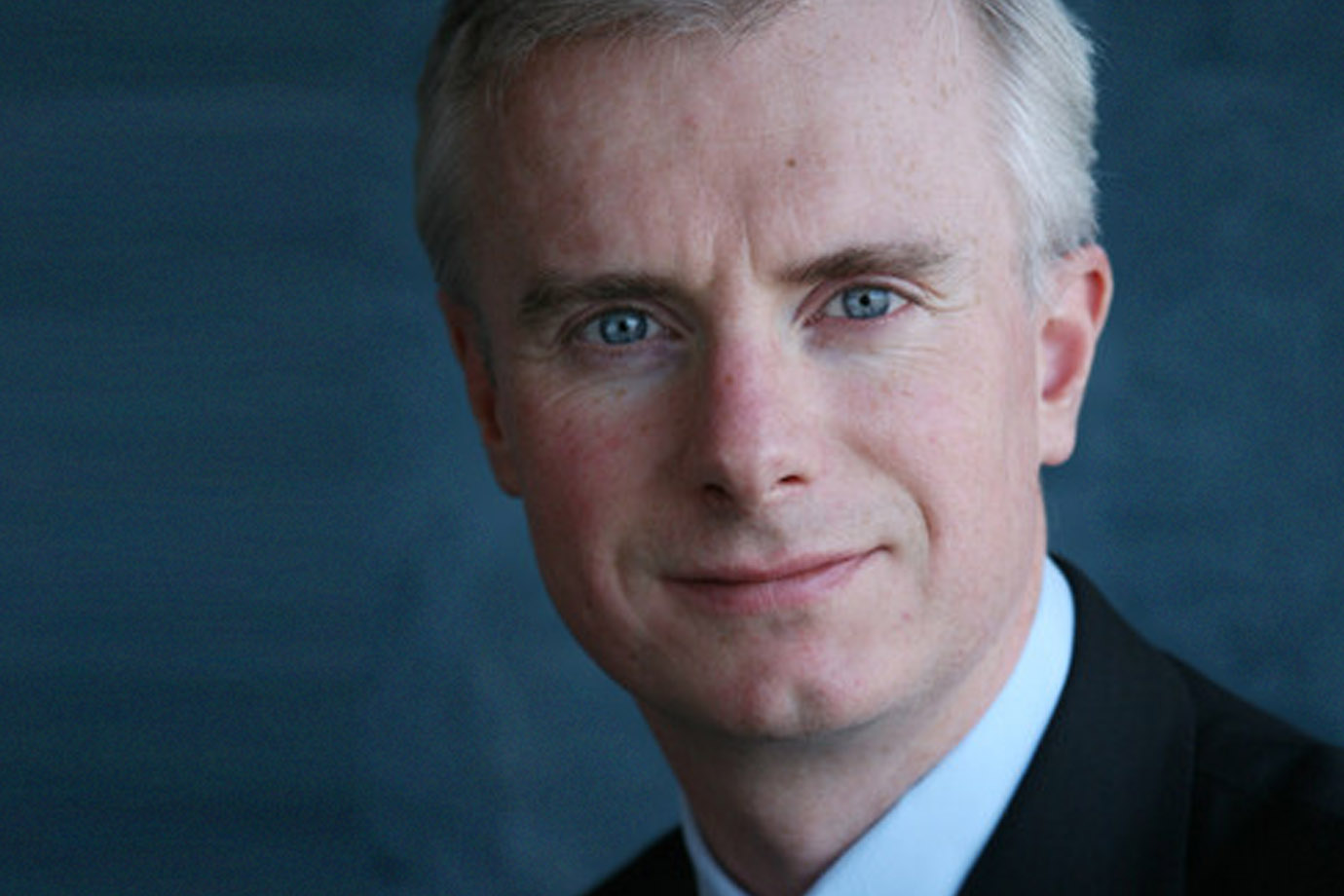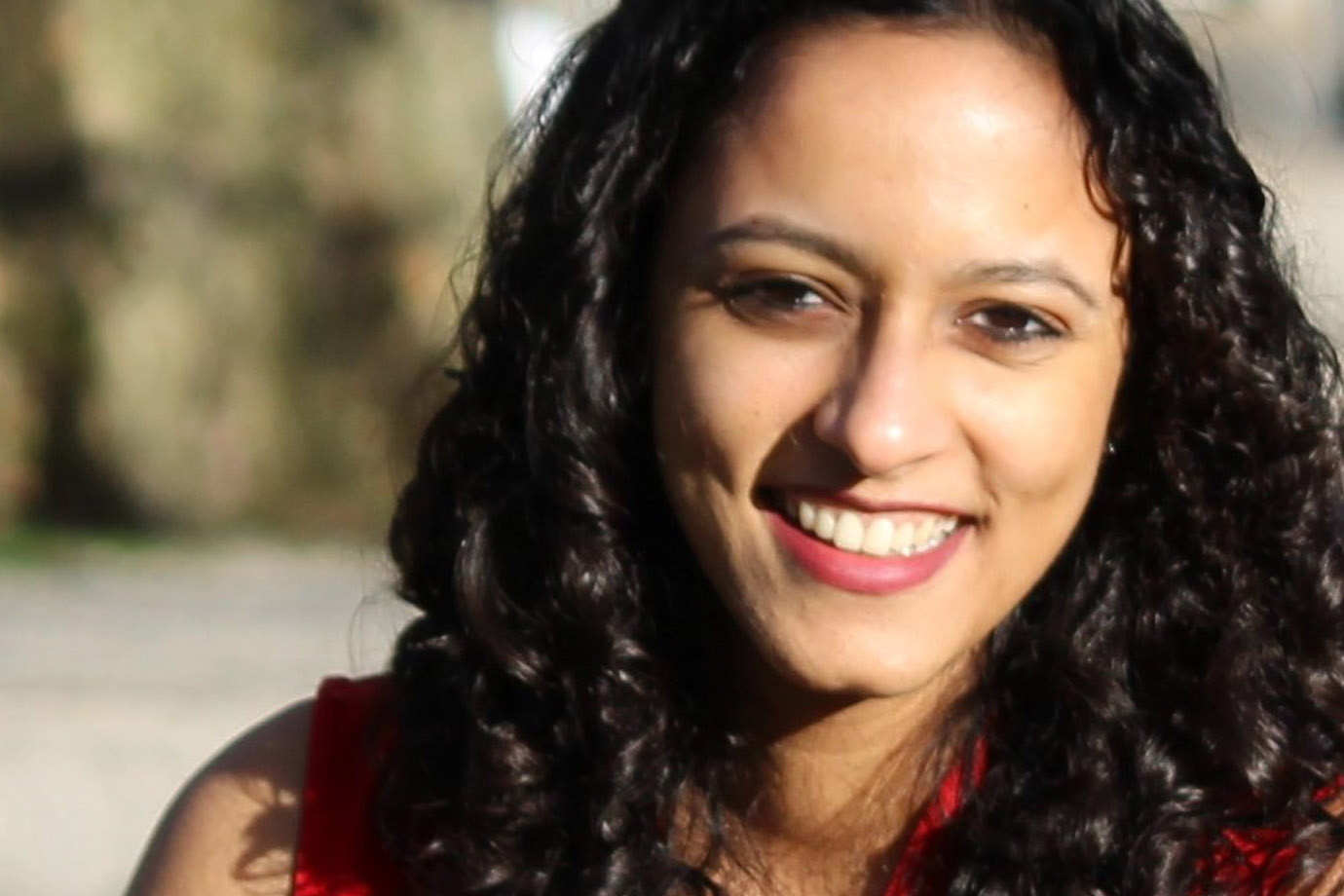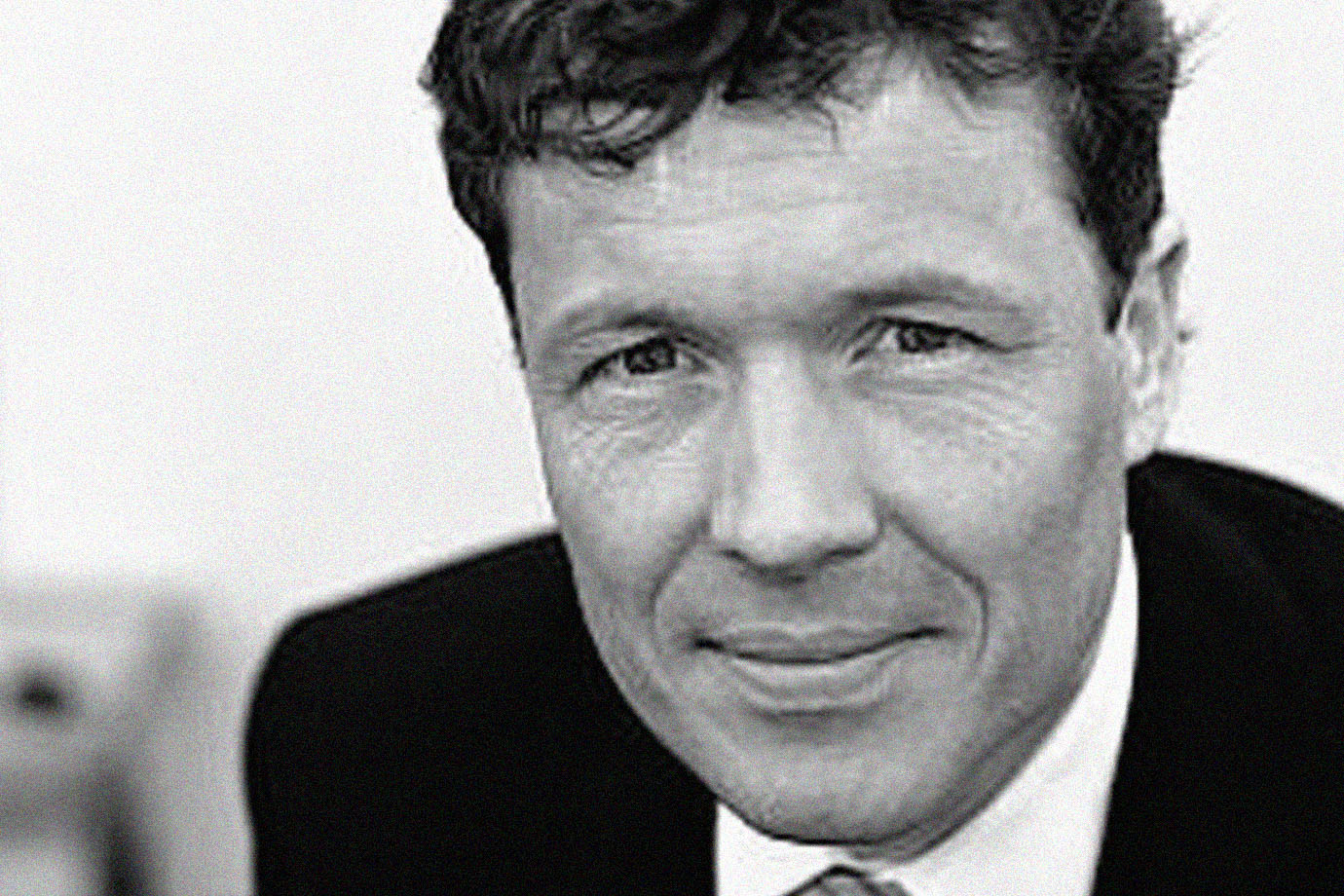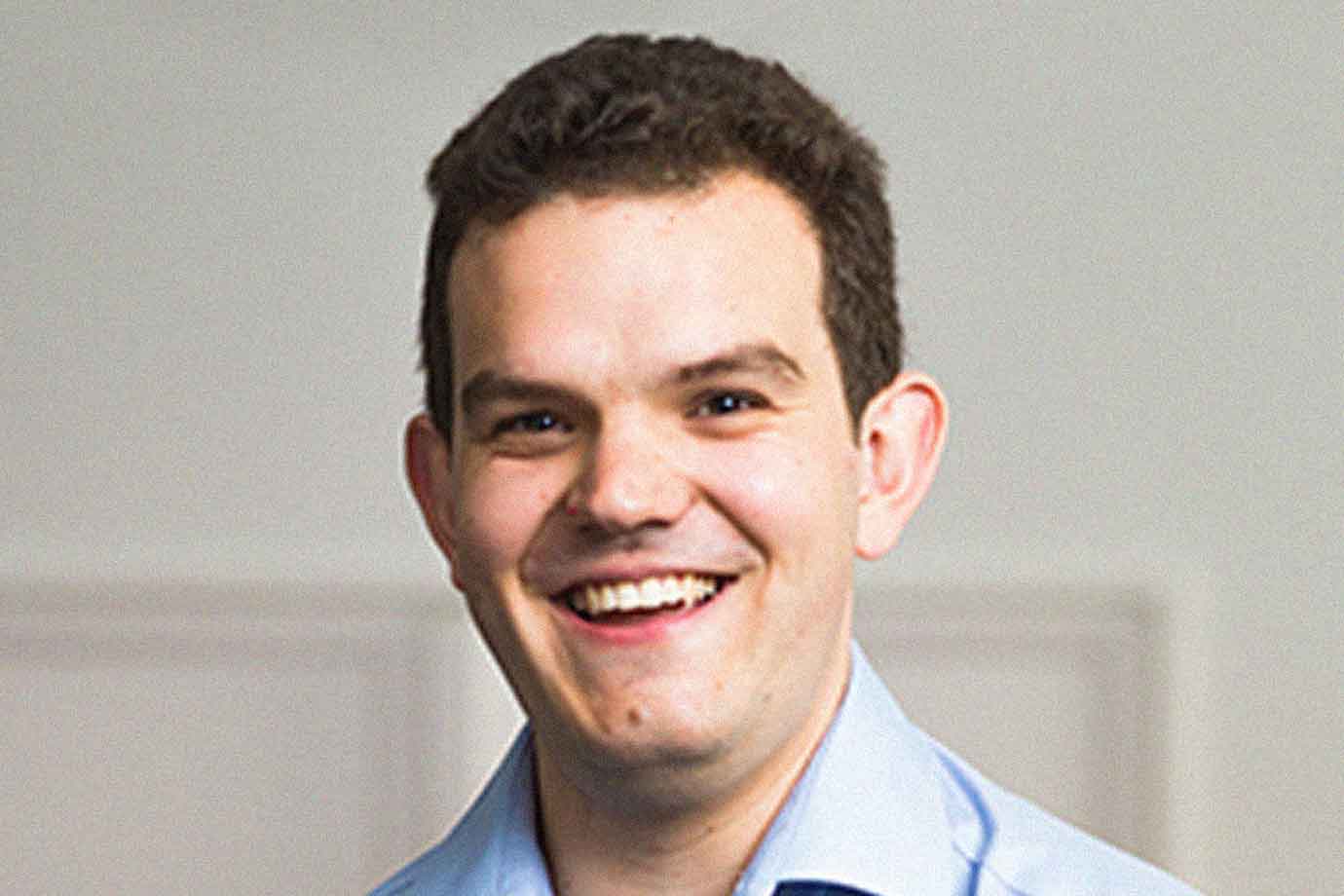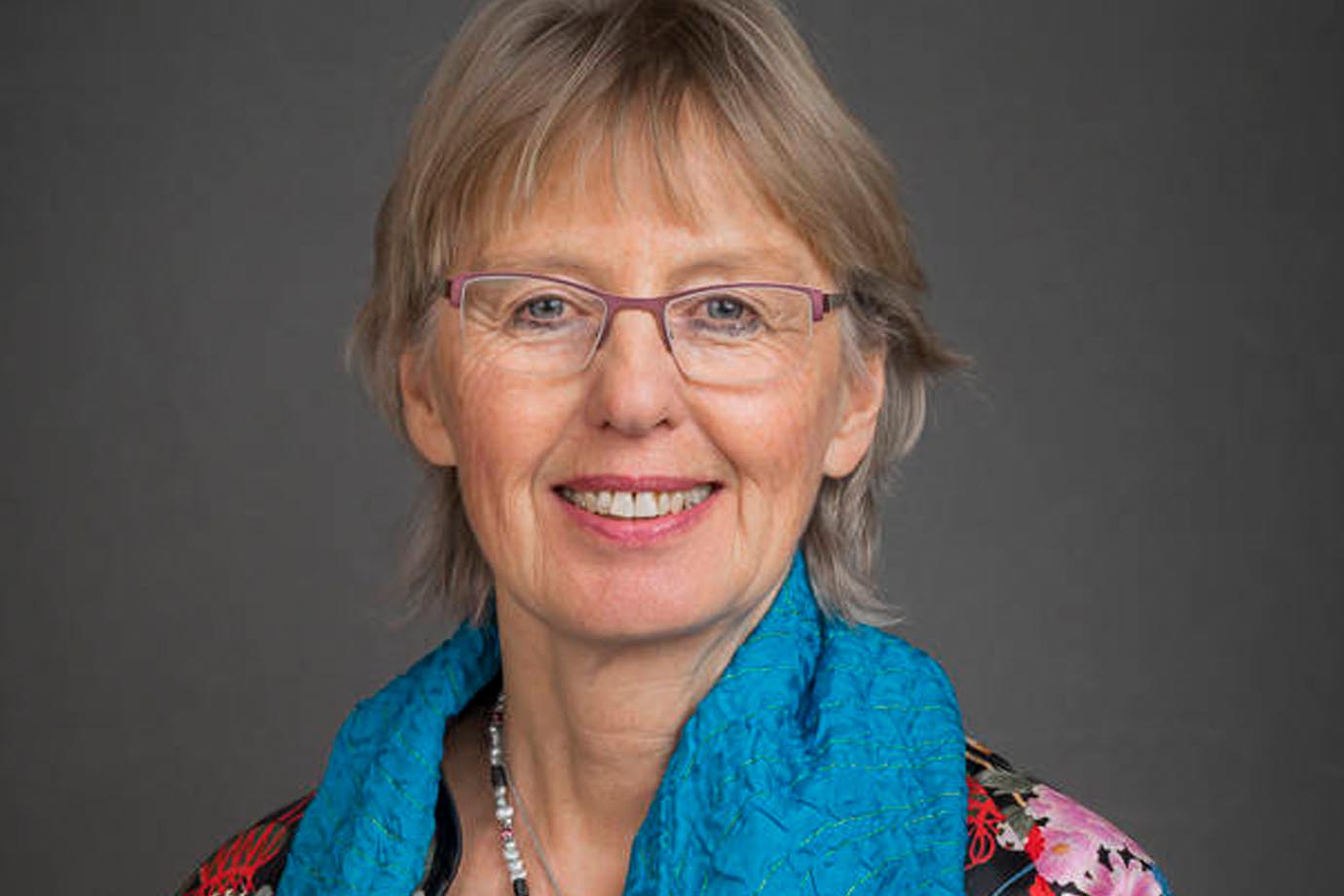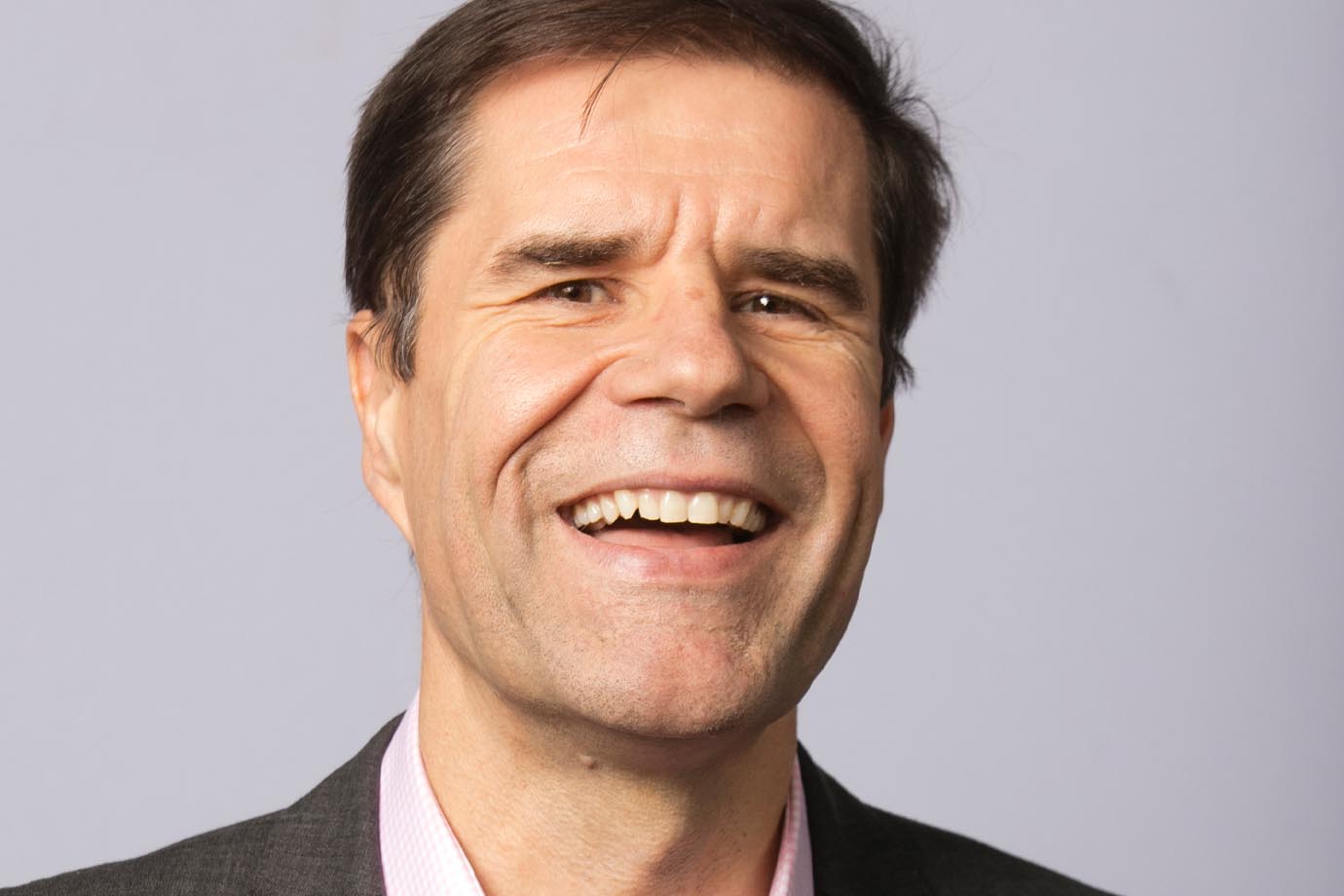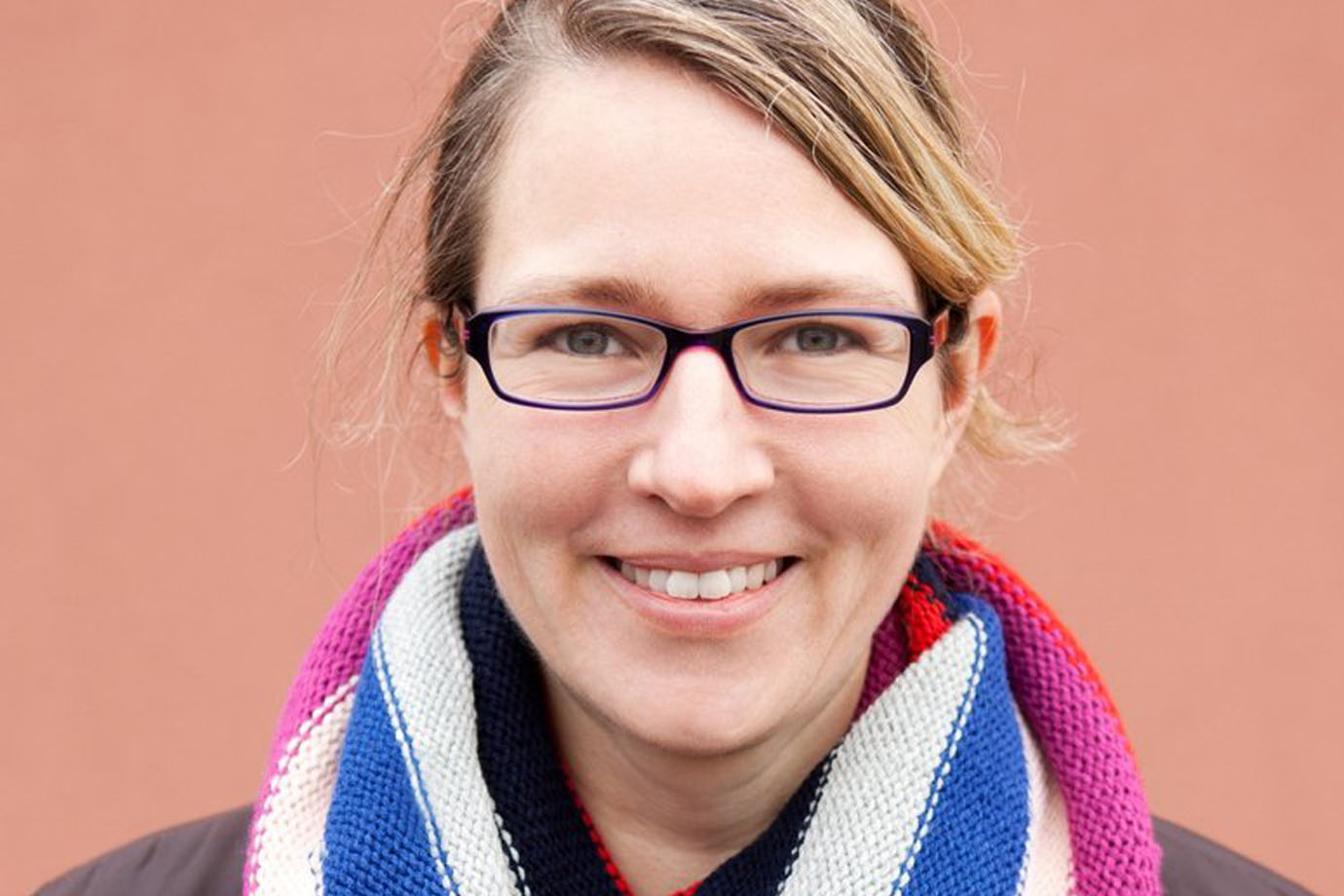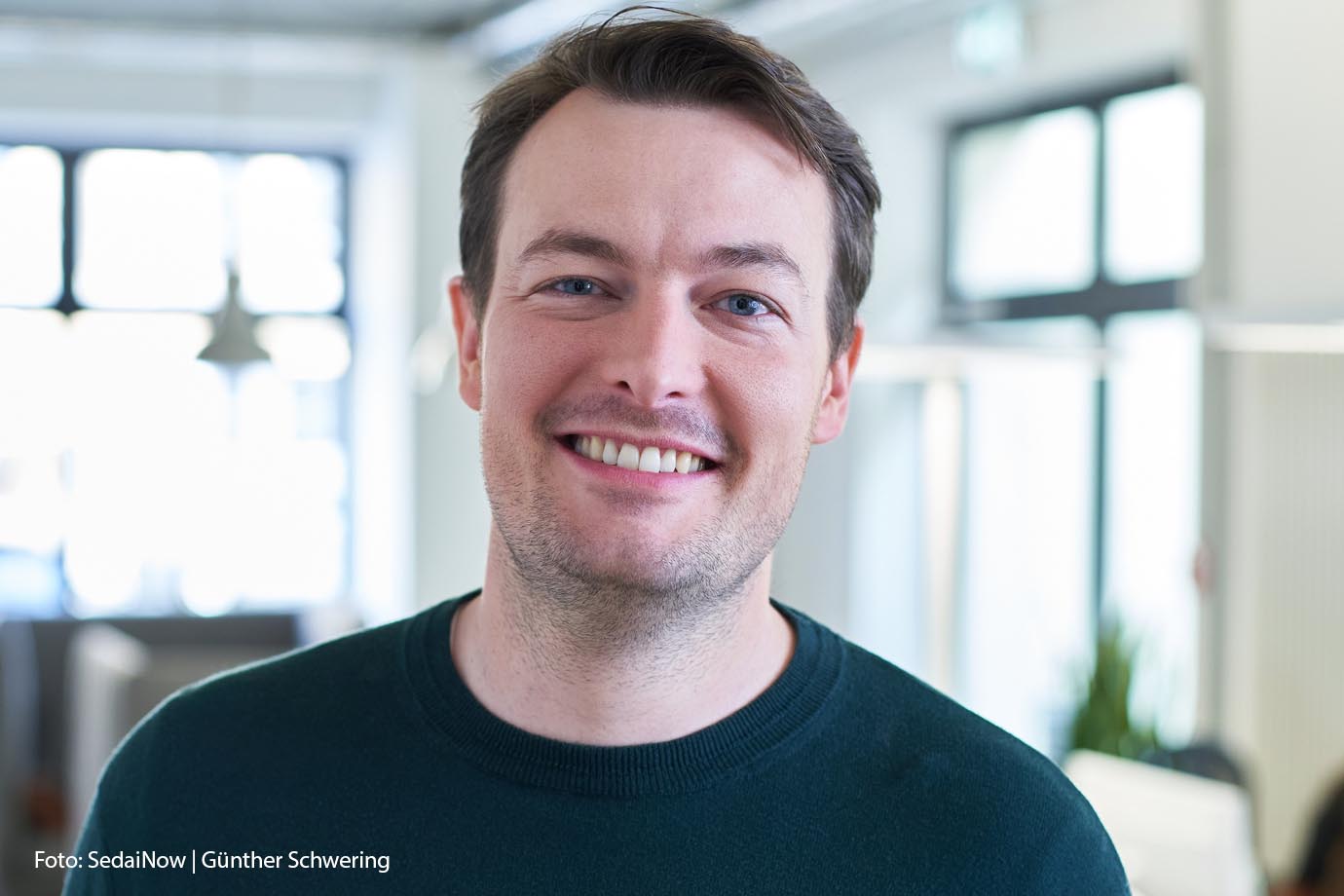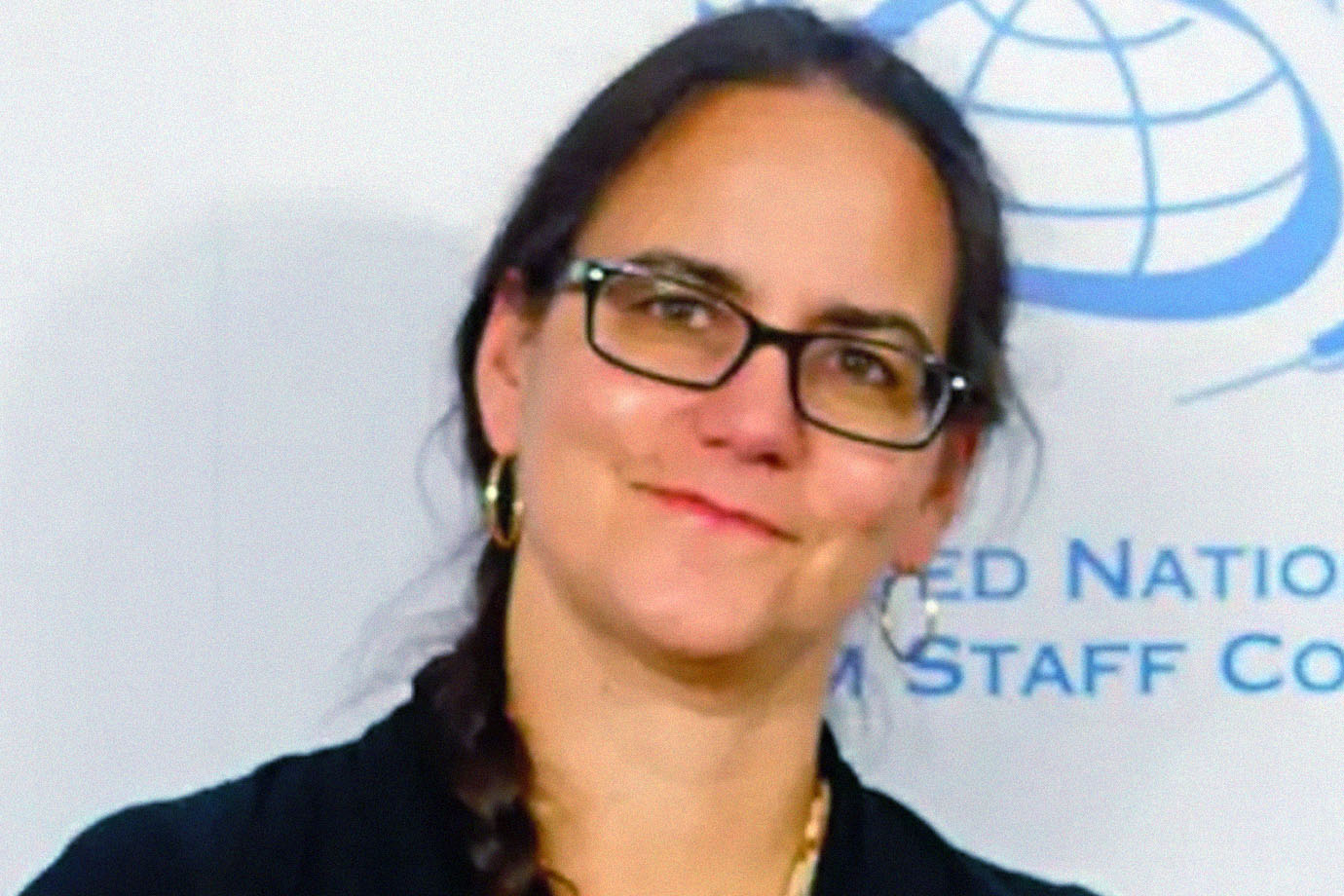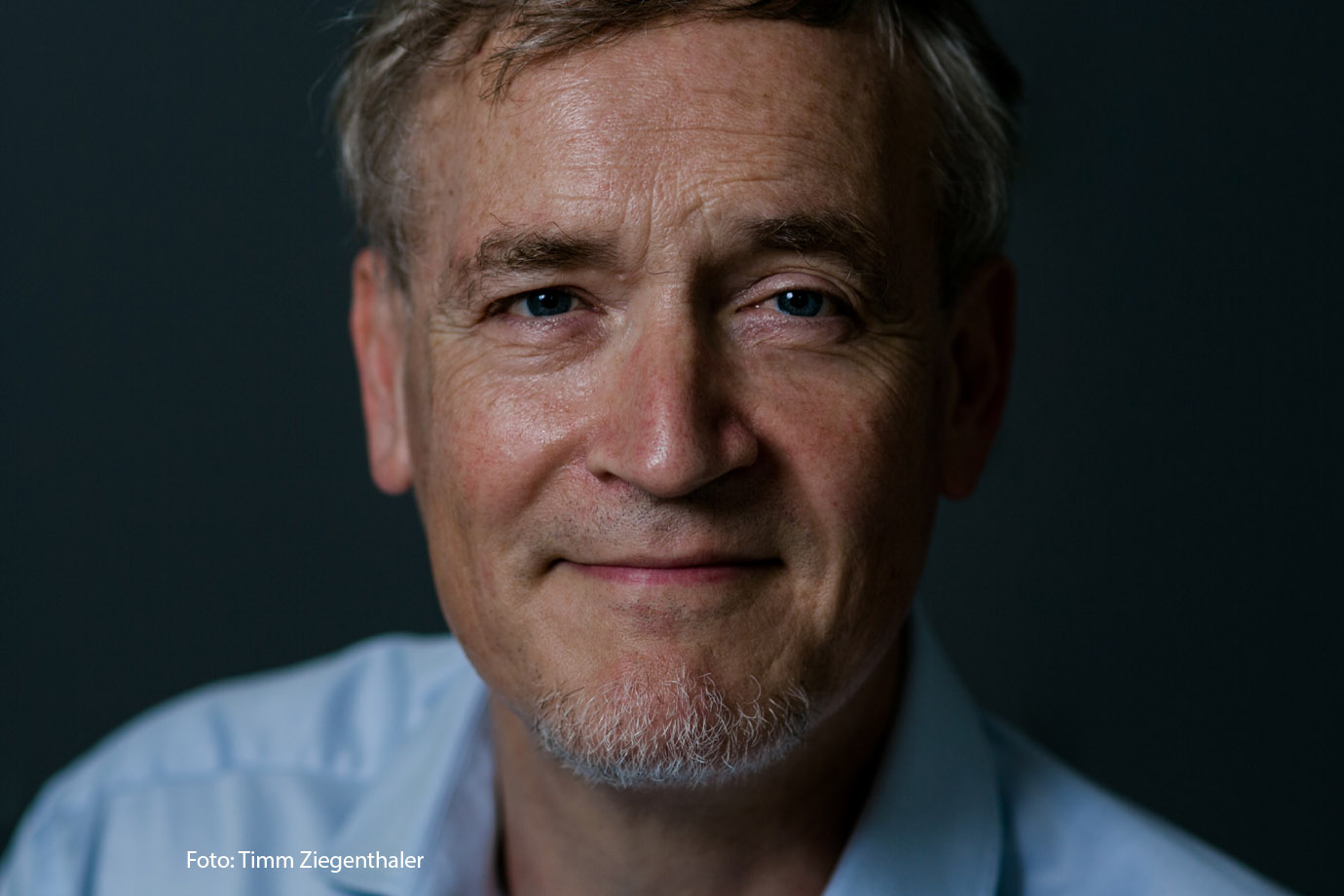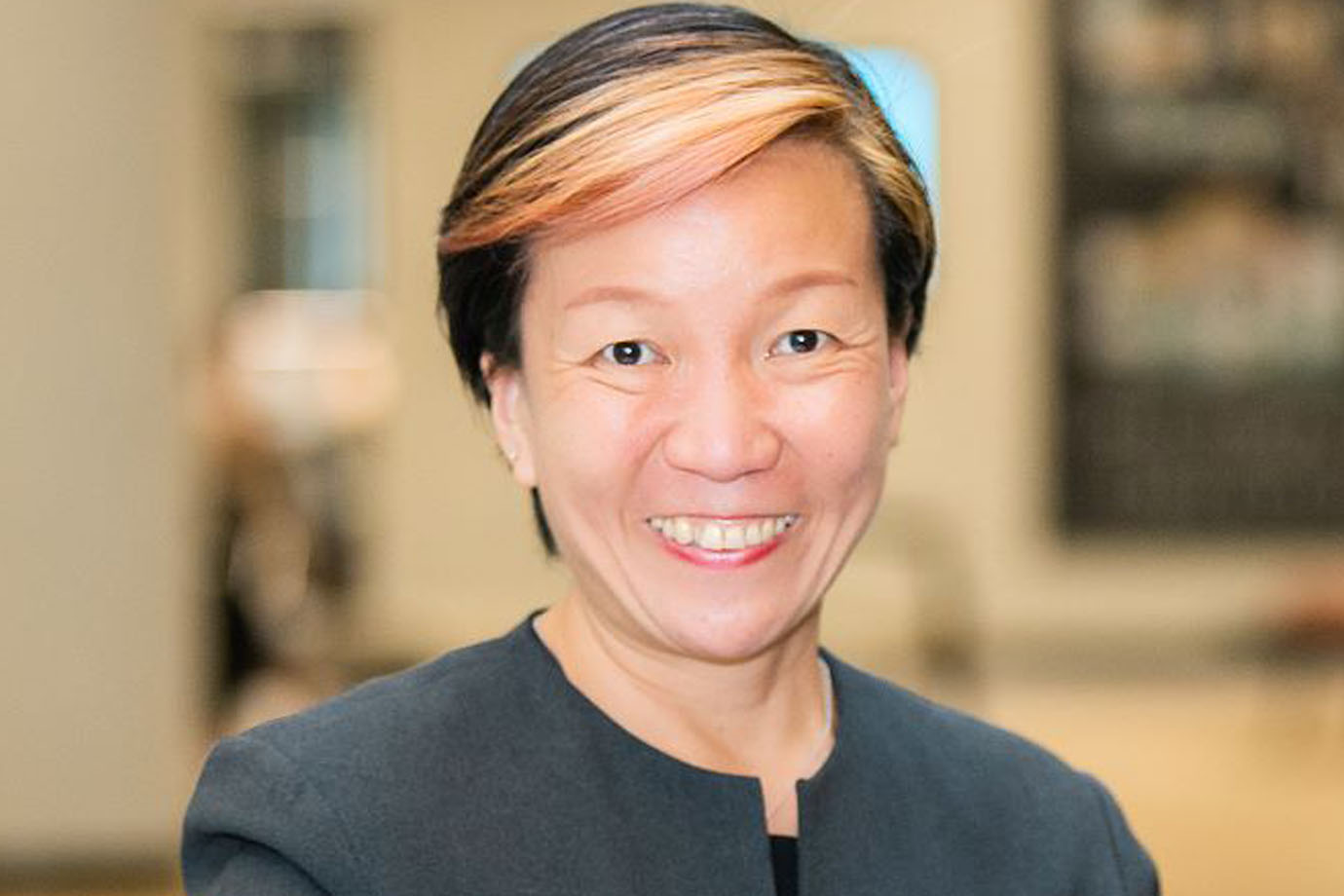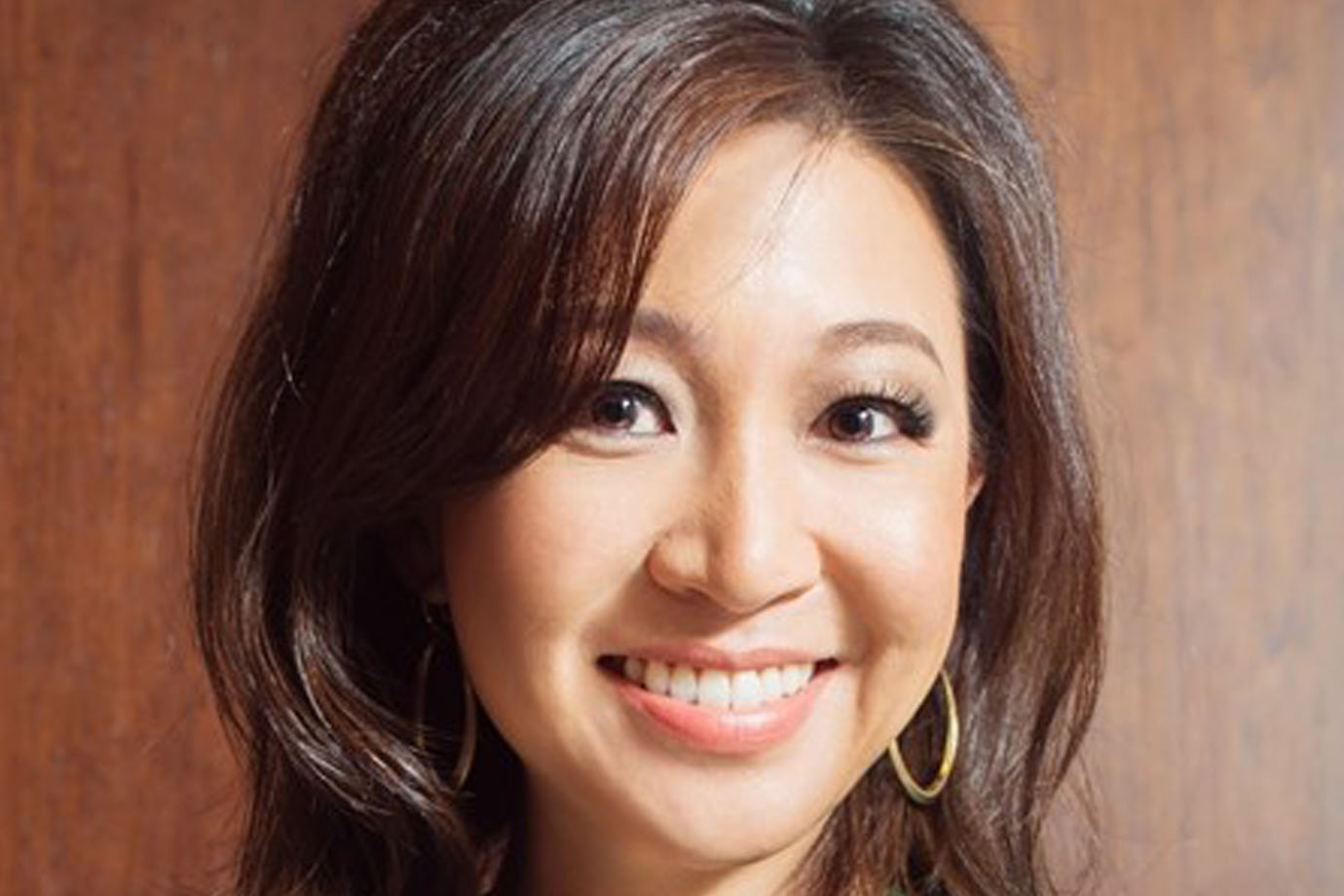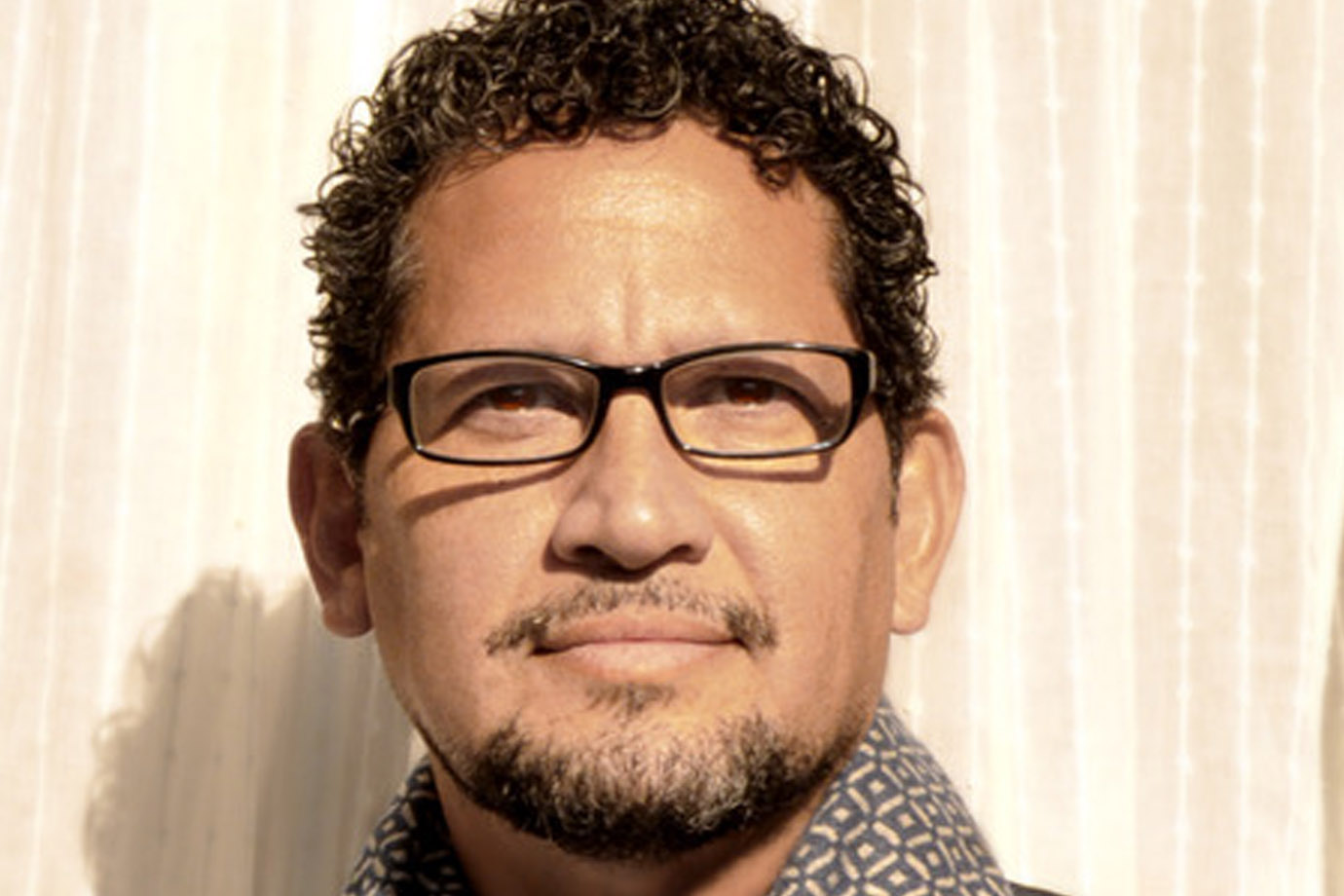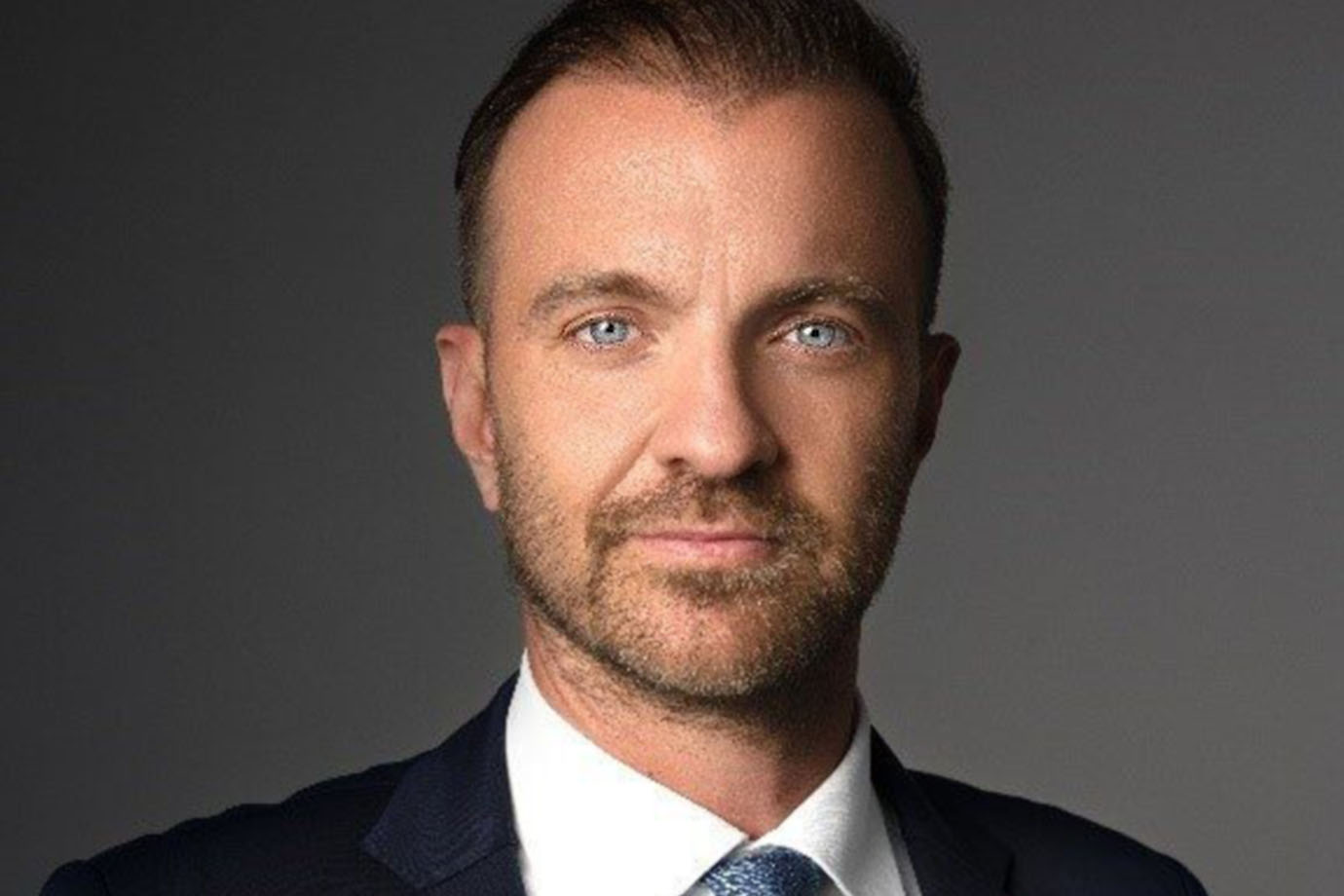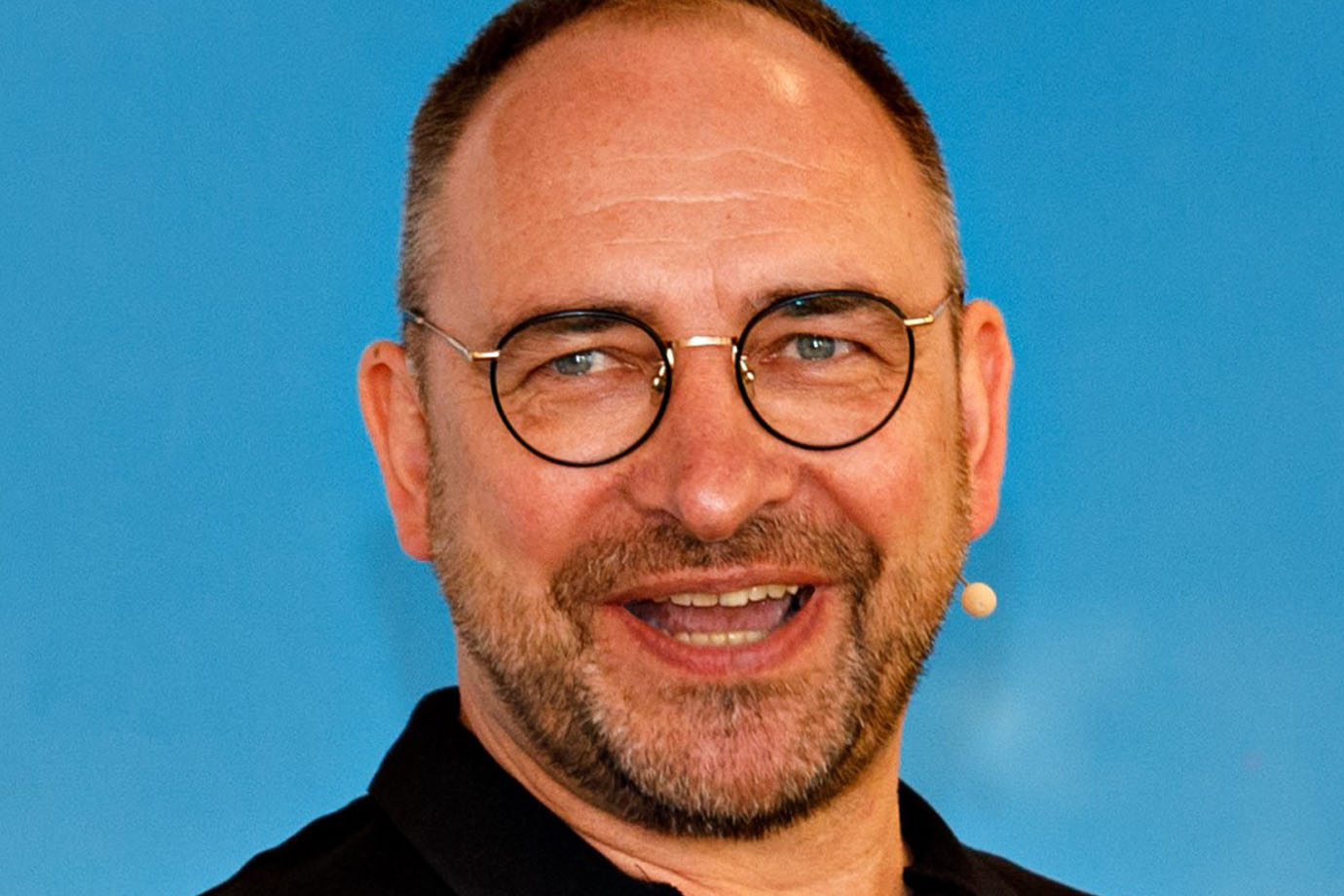1 day / 26 Inputs by Decision-makers from Politics, Business and Civil Society
Globalization in Reverse?
Keynote
Panel Discussion
Michael O’Sullivan, former CFO Credit Suisse,
Harald Nikutta, CEO Control Risks Germany
Moderator: Richard Roberts, Inquiry Lead, VolansHow can we balance planet, purpose and profit?
Keynote
Panel Discussion
Iris Lapinski, Executive Director, B Lab Germany
Christian Walter, CEO, SedaiNow
Asuka Kaehler, Activist, Fridays for Future
Moderator: Simona Costanzo Sow, UNSSCSustainability and the New Silk Road
Panel Discussion
Peggy Liu, Chairperson, Joint US-China Collaboration for Clean Energy (JUCCCE)
Dr. Miguel Cerna, CEO, Alternatives-a
Carlo D’Andrea, Vicepresident, European Union Chamber of Commerce in China
Moderator: Prof. Dr. Frank Ebinger, TH Nueremberg

